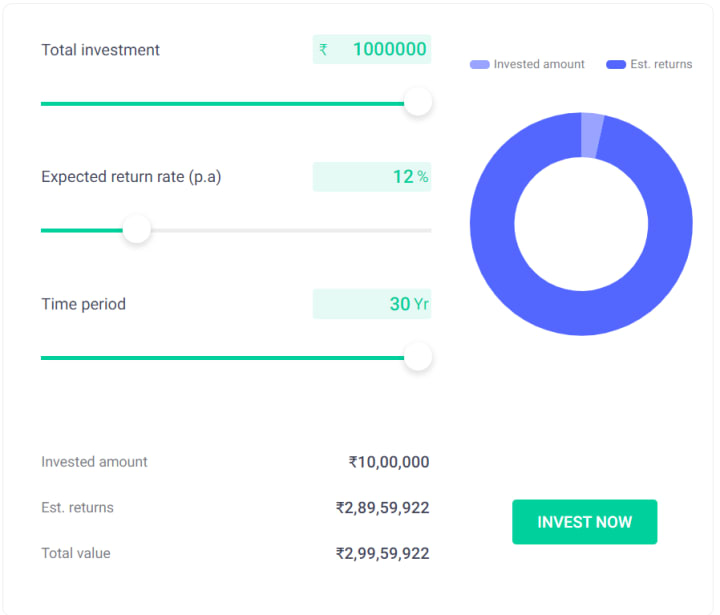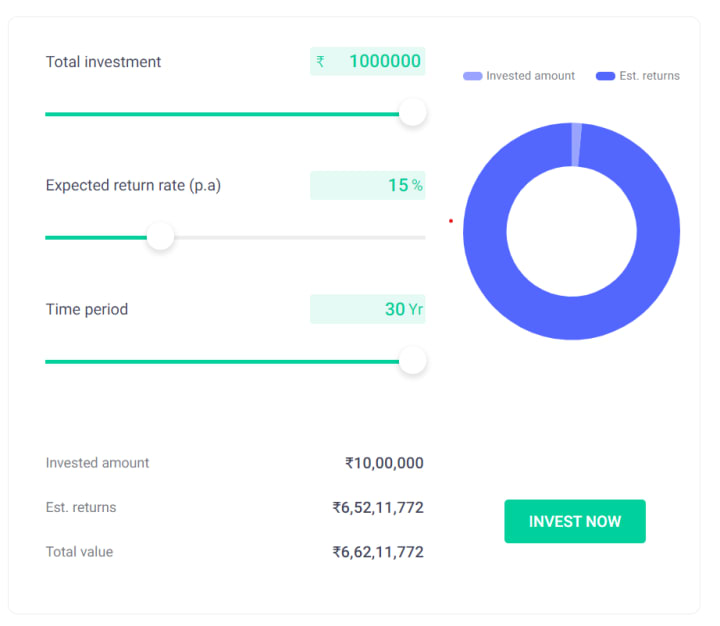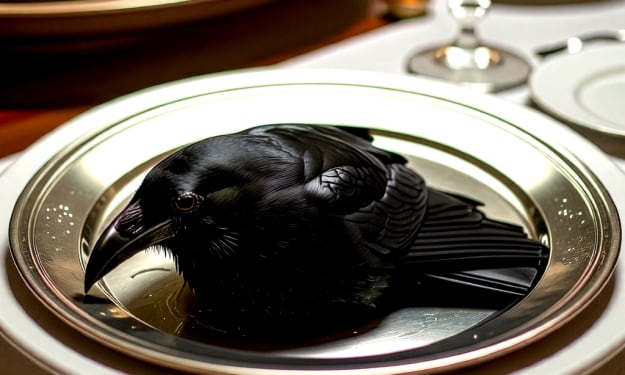5 Obvious (But Less Spoken) Investing Mistakes That People Tend To Make
and probably you are making some of these right now

When someone decides to invest in however way possible, there will be multiple options and multiple methods in front of them to invest and grow their money.
At this moment, I think the amount of knowledge available on investments is overwhelming, which is nice. Still, however, despite such extensive sharing of information, people tend to make some common investing mistakes, and sometimes even you do too.
Being said that, I have made some mistakes, and fortunately, I realized it way earlier (At atleast way earlier than most of my friends) and as me being in a long-term investing journey. I want to address some obvious but less spoken investing mistakes that people who are into investing especially newbies tend to make.
1) Not realizing that 12%-15% returns are better returns
I have read multiple stories of people who doubled their investments within a few years and some even in months. However, I am sure that you have heard such stories too.
Getting massive returns is excellent, but here, we need to consider that most of such 'Massive returns' stories always come from a risky and volatile set of assets. Not to say that only a few people turn out to be profitable from such adventures.
Also, by reading such stories, people don't tend to get very excited when they get 12%-15% returns on their investments, and in fact, people tend to avoid such investment paths and stocks whose returns aren't making them richer any soon.
Even though it's evident that your money isn't going to grow within a few years if 12%-15% or even 20% are your returns, but here, you need to understand that over time, in 20–30 years, your money will get multiplied at that rate.
You can check yourself on any SIP calculator, first type your initial investment, keep your returns to 12%, and play around with the years.
Here, we assume a tenure of 30 years at a 12% rate of returns. At the end of your tenure, you would multiply your investment by 30 times which is pre-inflation adjusted and pre-tax valued.

However, if we keep the same investment at the same tenure but the rate of returns is 15%. Then your investment can get multiple by 64 times.

Hence here I think that you get the gist. If you want to multiply your income, then 12%-15% returns are not worse gains, and at the same time, by aiming at such returns, you tend to sensibly move away from high volatile assets and stocks.
2) Investing due to FOMO
I guess the best FOMO of this decade in terms of investing is 'Bitcoin.' I mean, a couple of months ago, every other investor friend of mine was like, I should have bought Bitcoin 10 years ago.
Frankly speaking, I never really went after crypto-currencies despite people saying it's the future. However, I do believe it to some extent because these days, there are lots of use cases of blockchain which could be seen.
Although crypto and blockchain go hand-in-hand, but I still believe that the major crypto wave that happened this year was due to FOMO. I mean, from nowhere, crypto millionaires started popping out, and as such stories ran across the internet, it created a hype.
This hype made people sick of lower and promising long-term returns, which are not that bad, and I clearly explained that in the first mistake. However, I believe that today FOMO is one of the major concerns amongst retail investors.
Here, I am not against people getting inspiration from other people's investment journeys. But being said that, I want investors to be more conscious and precise while investing and not let any FOMO factor kick in.
3) Investing in the 'price' not an 'idea'
Well, if we consider stocks here. Doing technical analysis and coming to a conclusion to buy a stock at a specific price is good, but it isn't great. Many investors tend to bet/invest in a company's stock price instead of their business idea itself.
Analyzing a business idea and knowing its future potential is sometimes a grey area to follow. However, as an individual investor, it can be your best bet to trade on ideas rather than mere prices.
I think here the best example to look at would be Shaq O'Neal, who said in 2019 that he quadrupled his worth by following Jeff Bezos's single piece advice, and that advice was investing in something that changes people's lives.
Whether you're investing in a business directly (or) through stocks, you need to bank on its business idea and should have clarity of its potential. Therefore, when you invest in something, focus more on the idea behind it and know it's impact to sustain yourself in the long-haul.
4) Not realizing that slow money is the actual wealth
Okay, bear with me now. I don't remember this exactly, but once Bill Gates asked Warren Buffet about 'Why people are not becoming wealthy just like him despite following the same things'.
To which Warren Buffet said something like, 'People lack patience' and to convey his point. He described that investment markets are filled with people who are in it for the short term, and at the end of the day, it's those set of investors who are sitting patiently and waiting for the big chunk of the pie get to become rich.
5) You are ignoring both inflation and taxes constantly
This is something I myself was ignoring, and for the initial few months when I started investing, I only took brokerage fees into account. However, I feel guilty about not applying inflation adjusted rates and tax cuts in my previous article too:-
Suppose you're just like me, who never took those two factors into account. Then you should right know that you're making a mistake.
But why am I calling it a mistake?
Okay, let's take an example of an investment of $1000 which you did ten years ago, and this investment gave you a CAGR (Compounded Annual Growth Rate) of 15%, which means that your investment grows 15% each year.
Today that investment is around $4000, but when you opt to sell out your shares, you have to give 10% long-term gain tax on it (here in India), and after-tax cuts, your amount after tax cut is around $3600.
Now since it's been ten years since you made the initial investment, we consider the average inflation rate to be 6%. Then in this case, the remaining amount after adjustable inflation will be around $3400 approx.
Hence this means that you almost lost 15% of your total gains due to taxes and inflation. However, people can get around taxes by legally making lesser cuts but here the gist is that counting inflation rate and taxes should be considered a priority because they do affect your final income.
Orginially publihsed on:- https://themakingofamillionaire.com/5-obvious-but-less-spoken-investing-mistakes-that-people-tend-to-make-63553c5e4b98
About the Creator
Rahul Thakur
Hi, I am Rahul Thakur a Freelance writer and marketer. Apart from awesome writing, I do marketing for my clients too. For services like SEO, Guest Posting, and Content Writing. Contact me here:- [email protected]






Comments
There are no comments for this story
Be the first to respond and start the conversation.